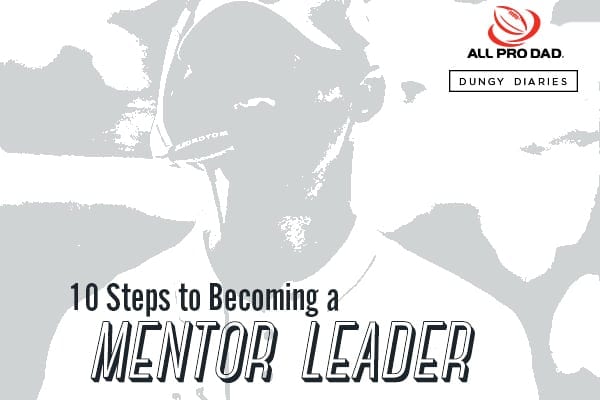This summer my friend Matt literally saved my life. It was a situation that easily could have ended in disaster. I was struggling to balance a heavy oak bookcase on the stairs to my attic. “Down should be easy,” I thought. “I remember getting it up 10 years ago.”
Being a guy, I improvised a cradle with two old, leather belts and then slung an electrical cord over an exposed rafter. I had the bookcase right over my head, teetering on a fulcrum, and one hand taking the slack on the electrical cord. Then I looked down 15 feet and had a reality check. “Help!” I texted to my friend and neighbor, Matt. And that was all it took. Learning to ask for help can be difficult for men. But it’s necessary. Here are 5 reasons it’s good to ask (another guy) for help when we’re in trouble.
1. “I can do it myself” is not a practical mantra.
We all know the movie cliché featuring guys who never need any help. You know: John Wayne, Chuck Norris, David Carradine, Bruce Lee, the Lone Ranger. But such an approach is not practical (meaning “not realistic”). Why? These characters are make-believe, and in real life, going it alone typically leads to poor results, isolation, failure, and frustrated plans. Oh, and in my case, a bookcase on the head knocking me off a ladder.
2. Some mistakes are terminal.
It’s fairly obvious that, had I fallen from the ladder with a heavy oak bookcase right behind, the result would have been catastrophic. Learning to ask for help can prolong your life. Help also has the power to heal a marriage, advance a career, or make us better parents. We all struggle, and we all want to do it ourselves, but insisting we do not need any help is often lethal to life, marriage, and career.
3. Humans are biologically social.
We were designed as social creatures. Learning to work together has been a hallmark of human success from earliest times. Remember the ancient proverb that says, “A cord of three strands is not quickly broken.” From hunter-gatherers to the modern day, asking for help and working together is in our genes.
4. Learning seldom happens in a vacuum.
“Help” isn’t about handing a problem over so much as inviting another point of view. We all struggle sometimes; it’s a fact of life. Learning from our struggles requires another step. Those of us who allow others to be a part of the learning process—observation, review, conversation—tend to learn more efficiently and effectively and then advance more successfully.
5. When we acknowledge our weakness, we usually find more strength.
That heavy oak bookcase was almost impossible to move by myself. The best I could have hoped for was a controlled fall. With Matt’s help, I not only got it down easily but became stronger in the process. “Look,” he said, “I could help with these other projects, too.” Instead of laboring over one project, asking for help allowed me to sail through several.
Sound off: Why is learning to ask for help so difficult?











Huddle up with your kids ask, “Would you ask for help if you needed it? Who would you ask?”